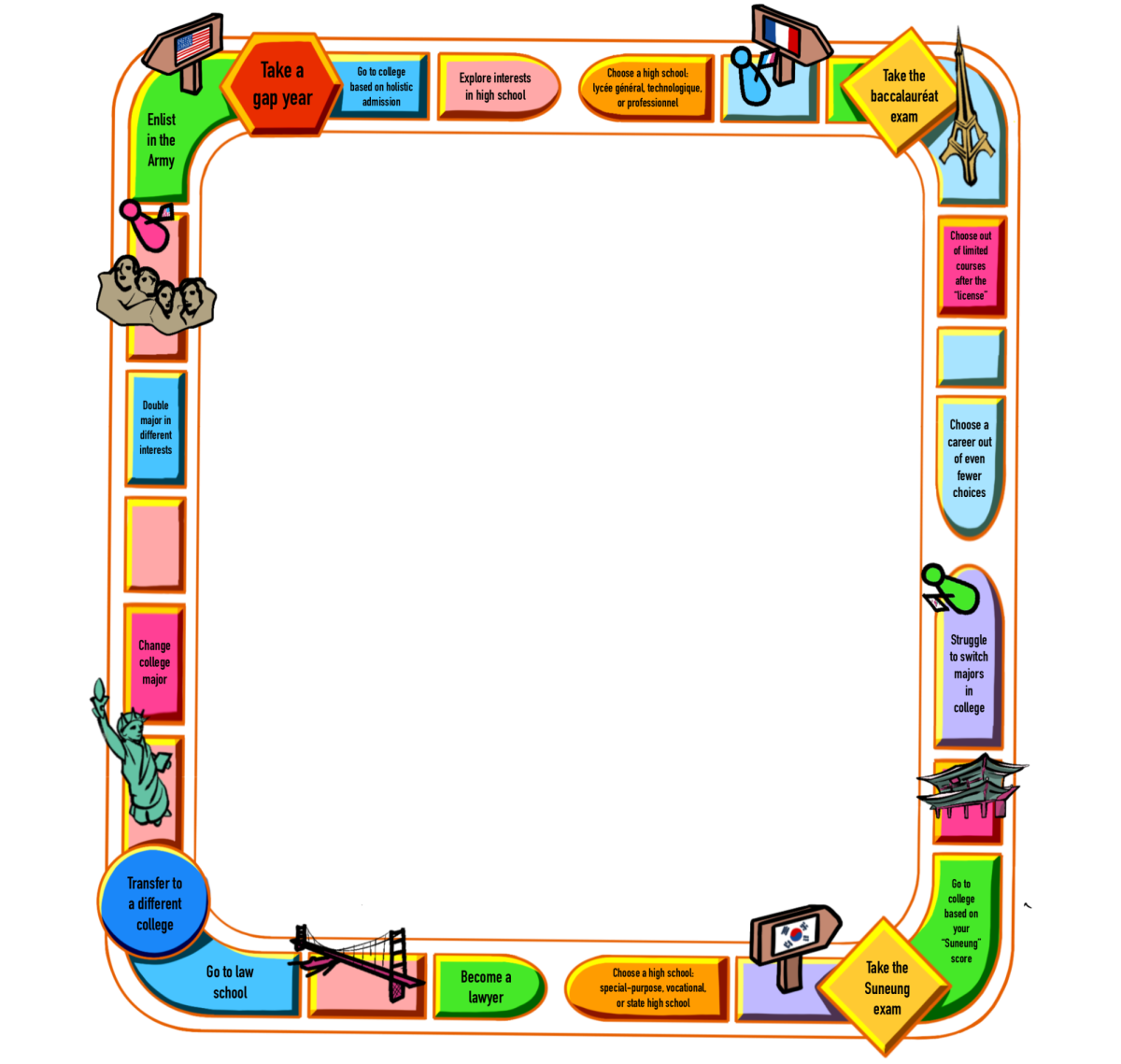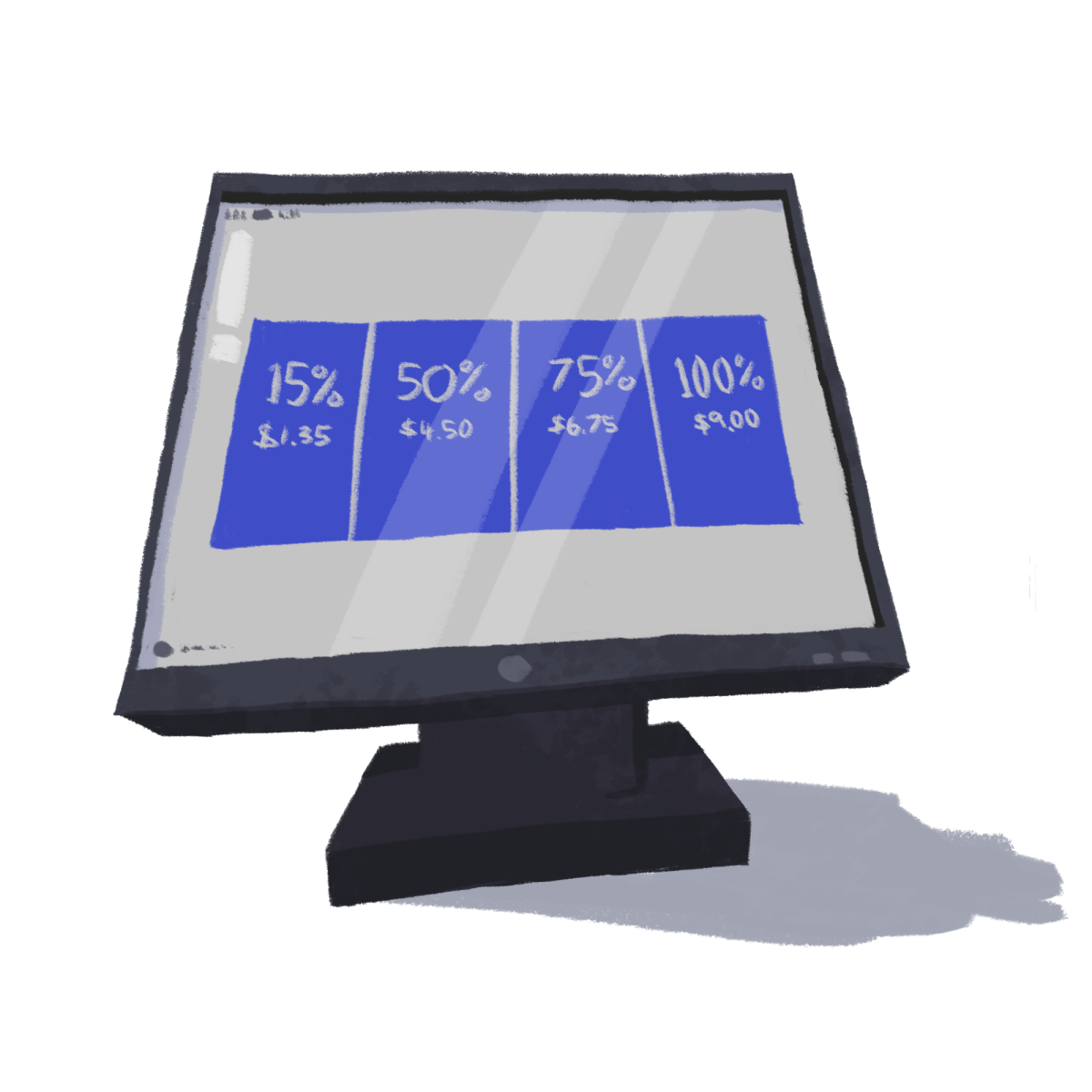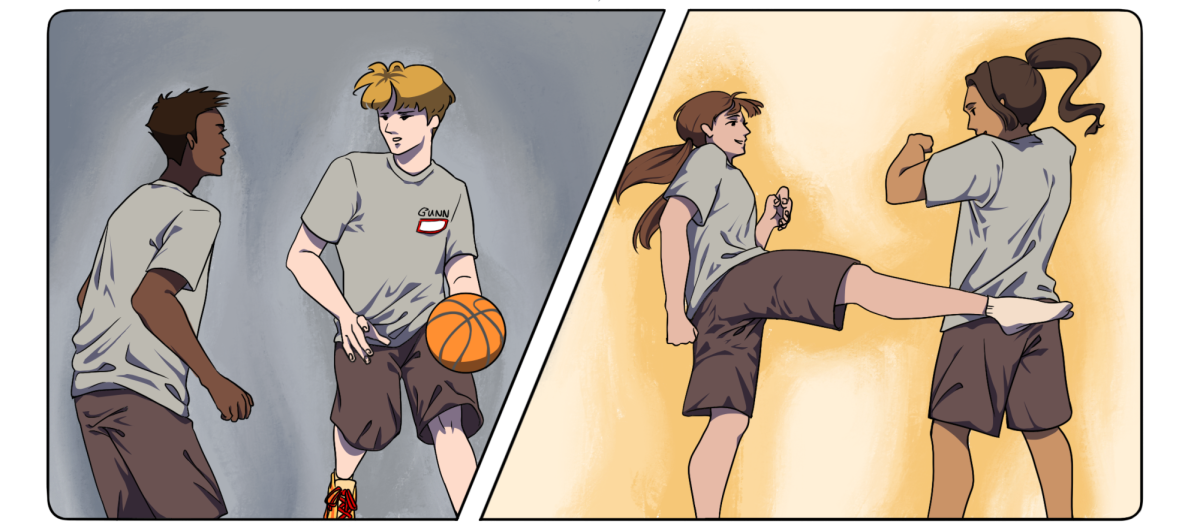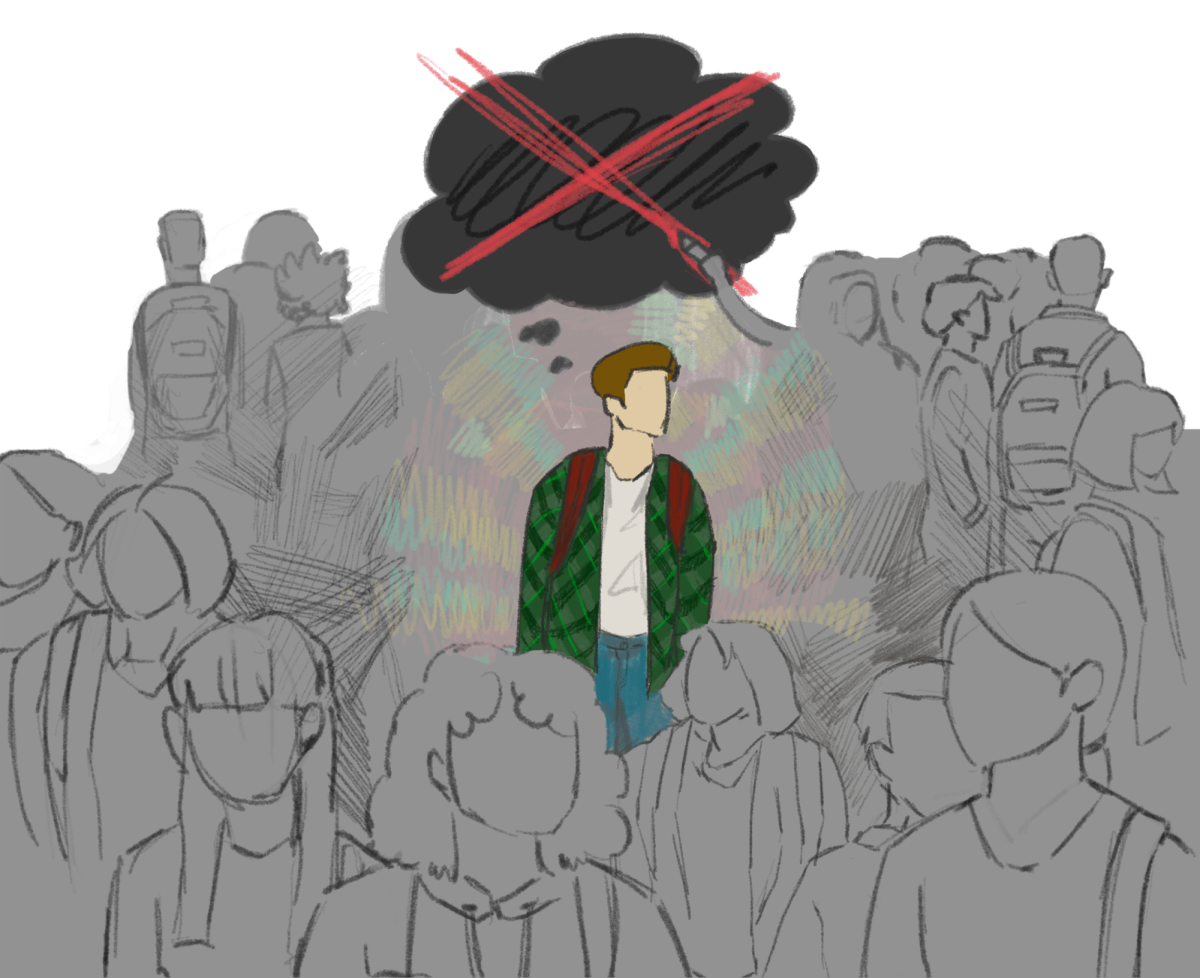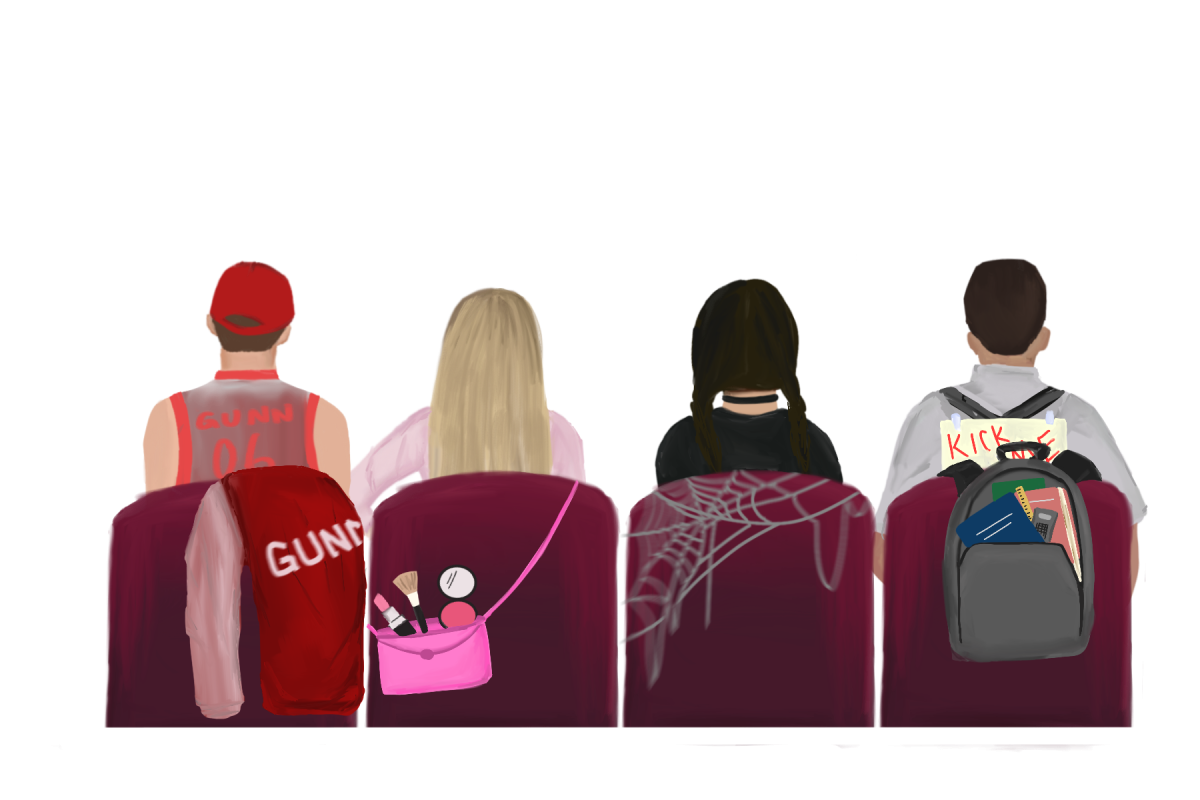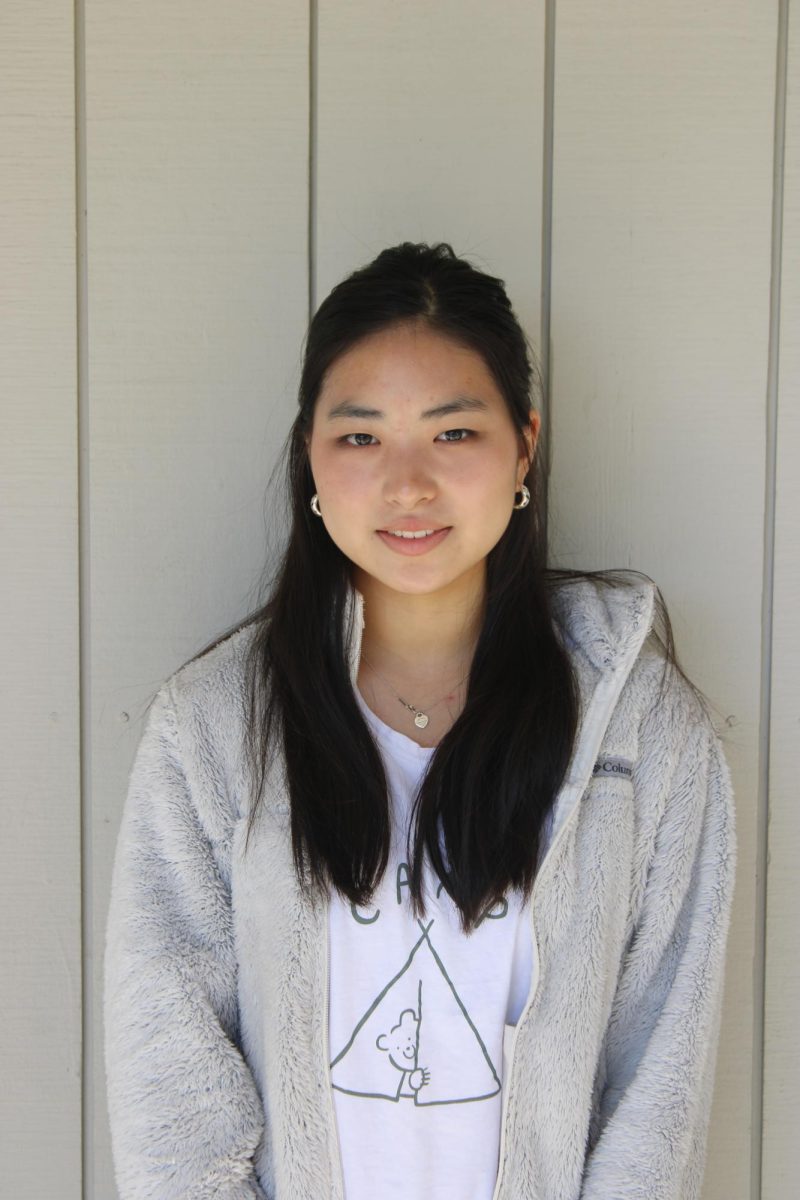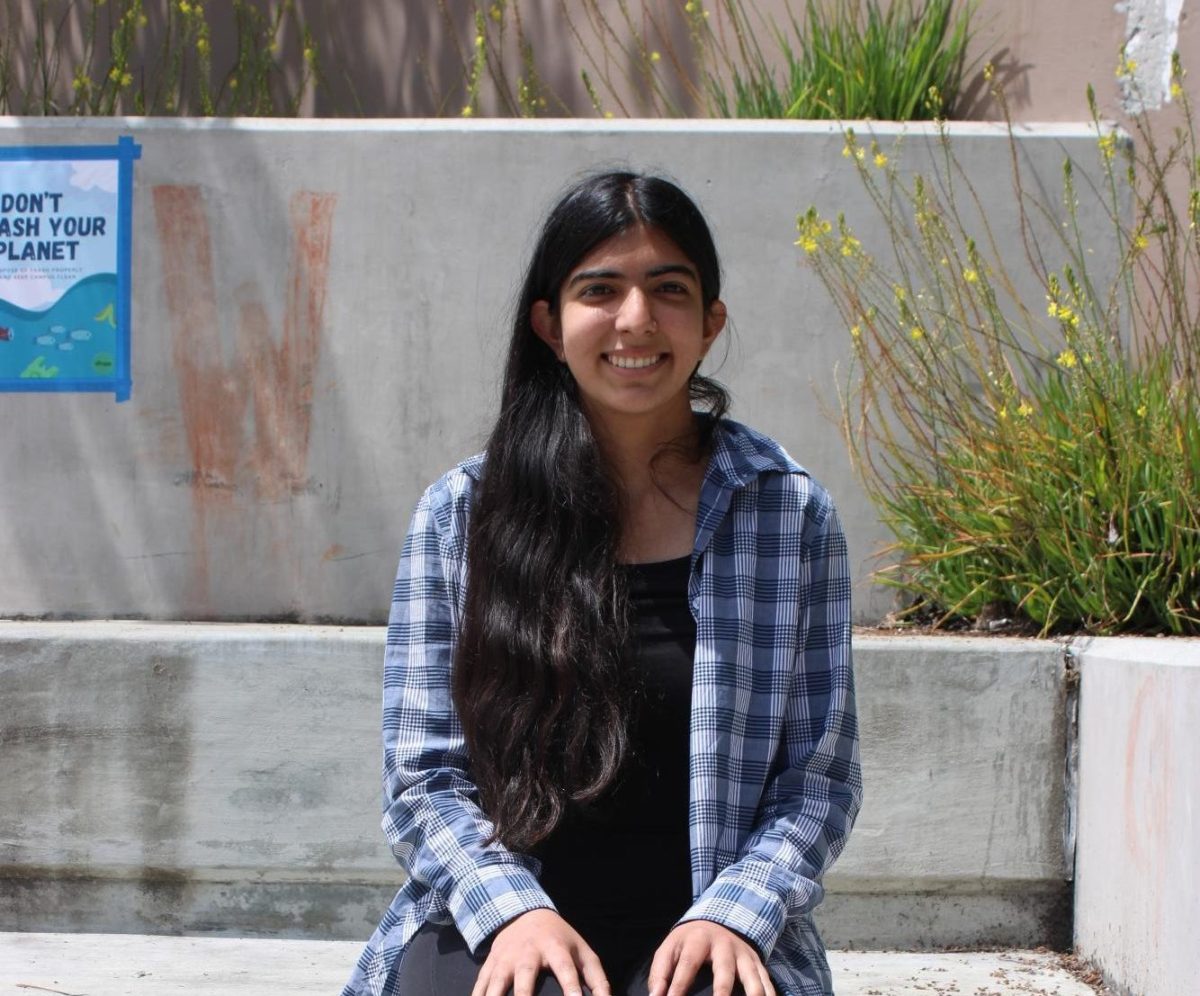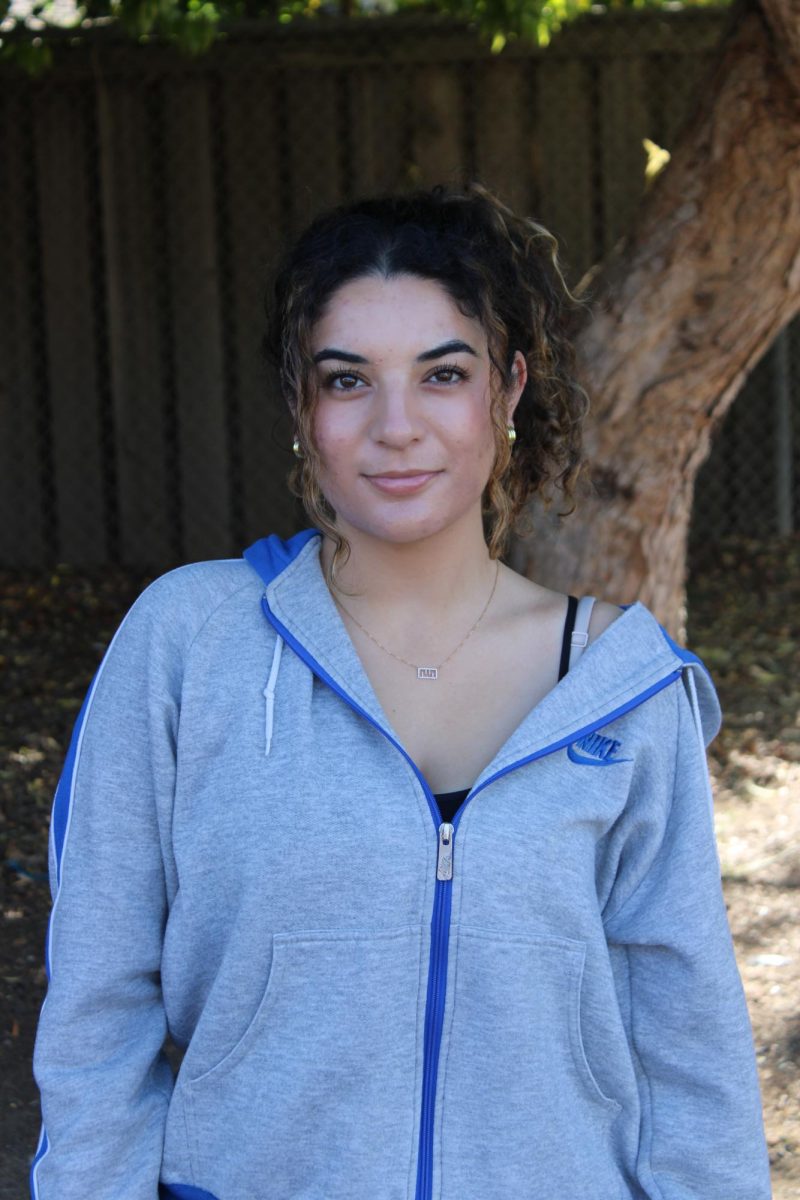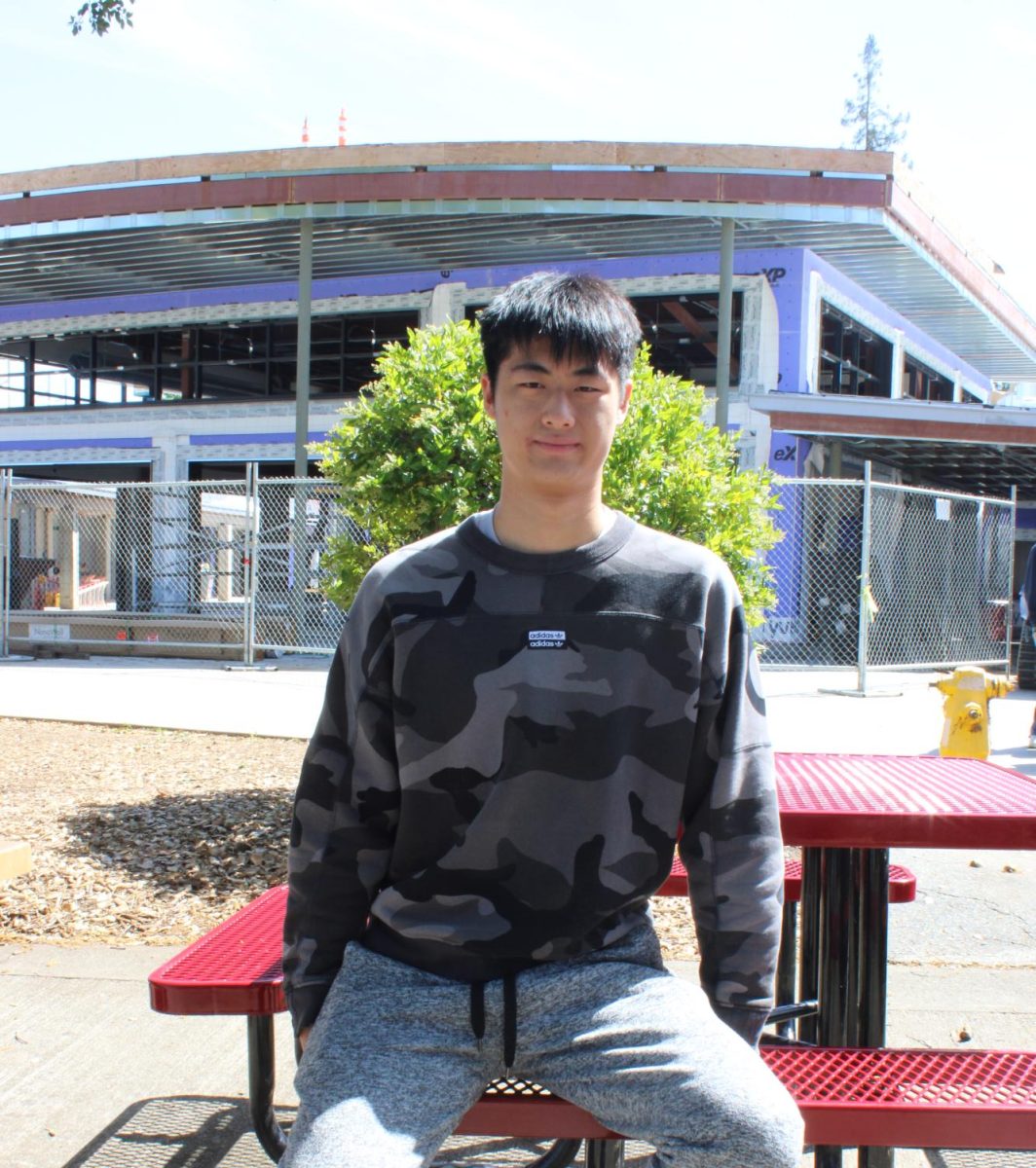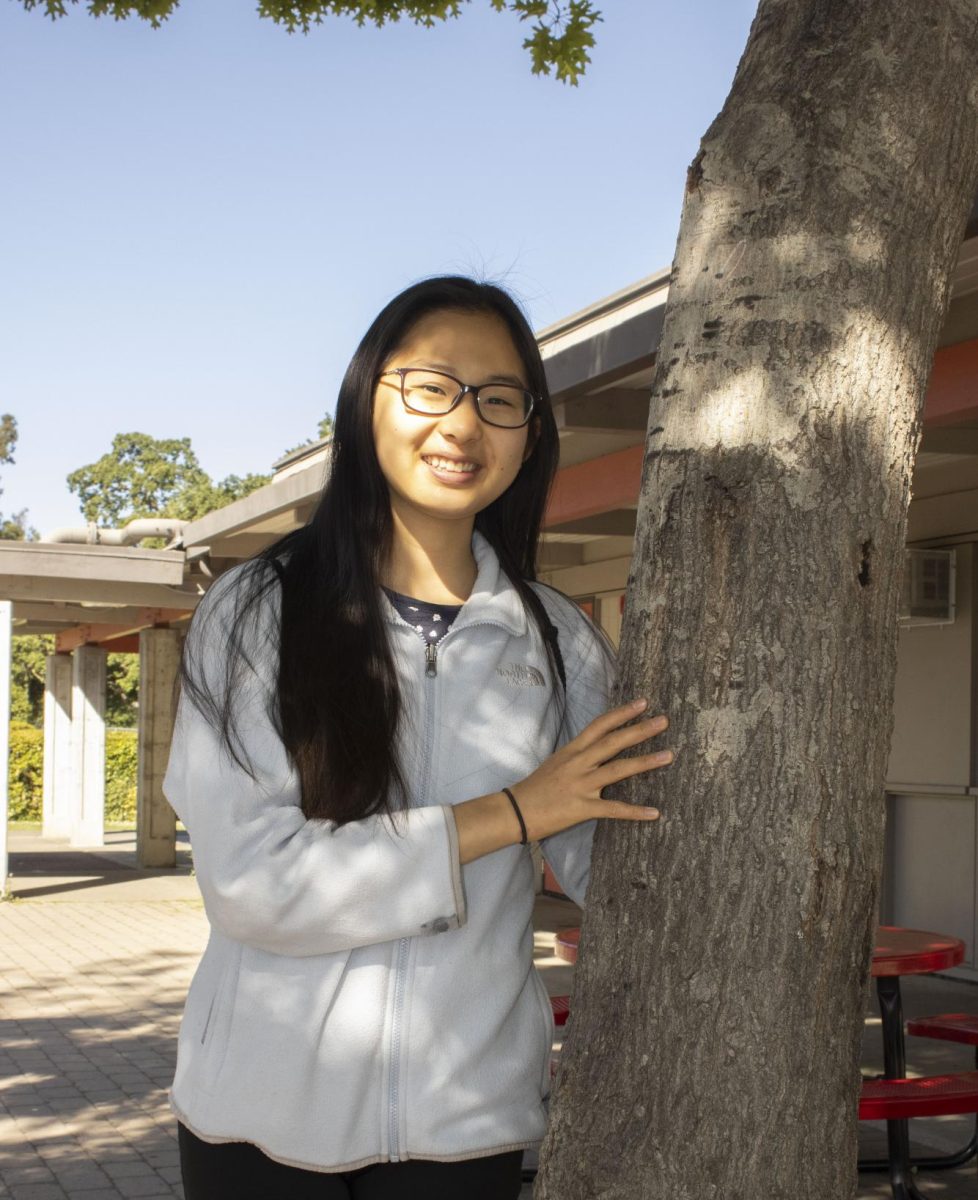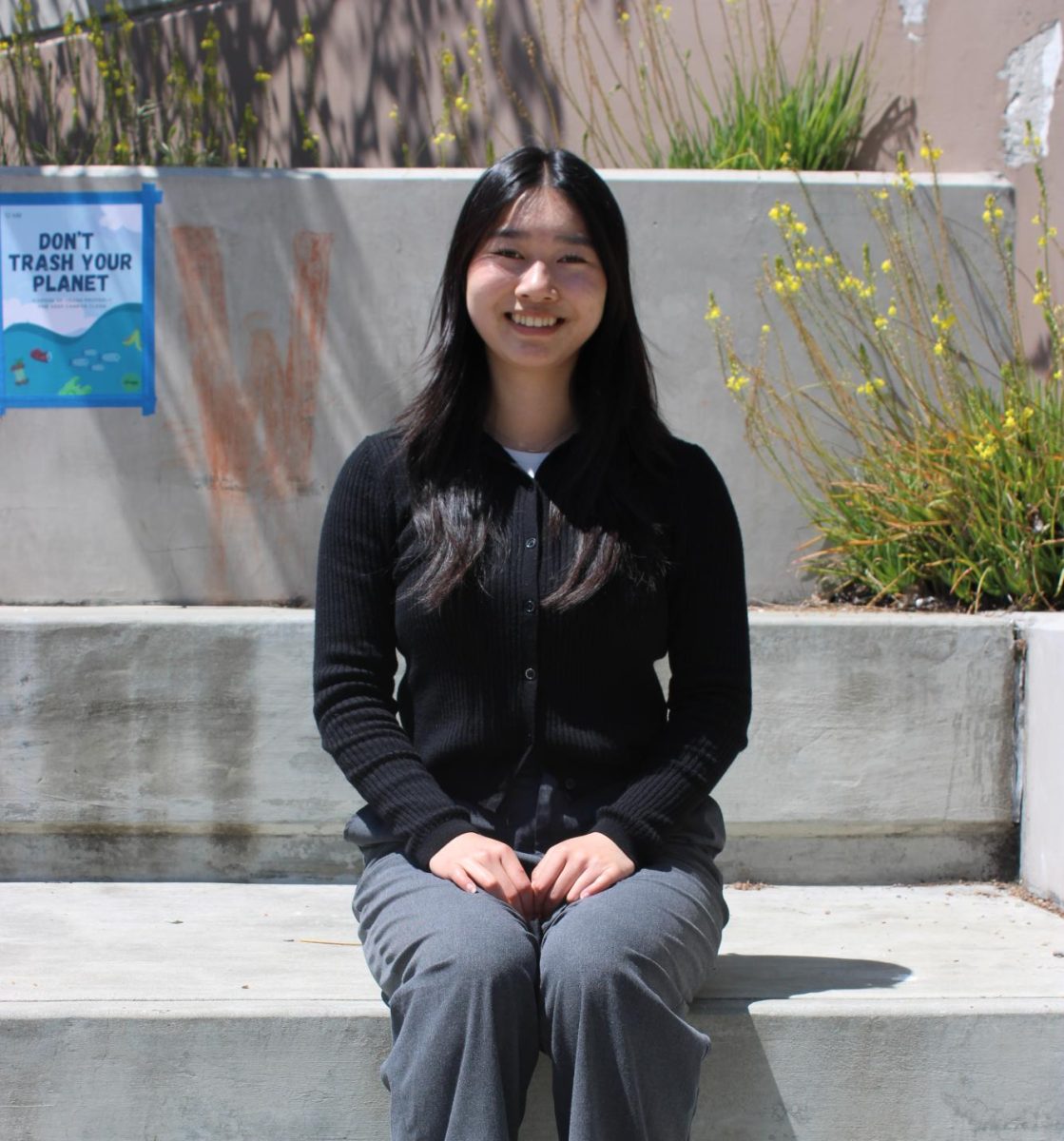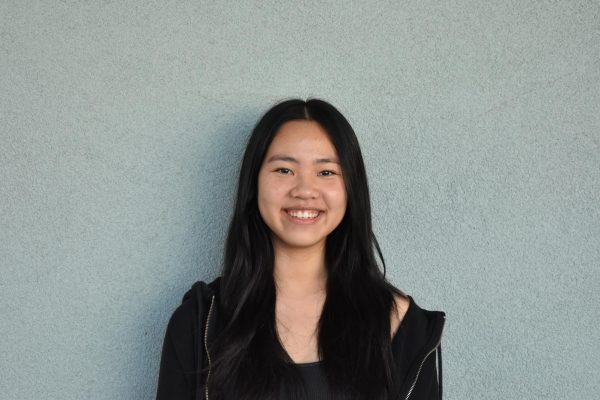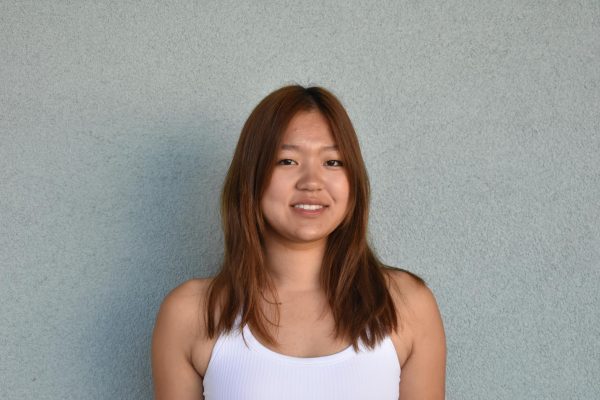In the U.S. and many other countries, the goal of secondary education is to enable students to navigate the world as adults through expanding their knowledge and improving their critical-thinking skills.
The precise method of achieving this goal, however, varies: The French high school system requires students to choose a specialty before they graduate, while South Korean high school students’ academic futures depend almost solely on a single exam. While the American public school system is often criticized for its lack of rigor, its advantages are indisputable: By allowing students to explore their interests throughout high school and emphasizing personal development, American public schools provide valuable opportunities for pupils to grow.
The U.S. school system gives students time to develop their academic interests before deciding a career path. Some European countries’ education systems, on the other hand, emphasize specialization and career preparation in high school. For instance, students in France attend three years of high school, which culminates in the “baccalauréat” exam. Students can take the technology or general exam to attend university, or take the professional exam to begin working. This exam forces students to choose a field of study to focus on during high school, restricting options further down the line: Once they choose their concentration, choices of possible college majors and careers become limited. Students who lose interest in their chosen subject have their futures strongly impacted, and they may face stress and regret as they make the difficult choice of changing career paths.
On the other hand, the U.S. school system allows students to change their interests and areas of focus in high school — and even college. High schoolers aren’t expected to choose a concentration, and instead take classes across disciplines all four years of high school: Gunn, for example, requires students to take Visual/Performing Arts and Career Technical Education courses to graduate. Beyond high school, many U.S. colleges allow students to switch majors. According to 2017 data from the National Center for Education Statistics, part of the Department of Education, around a third of college students switch their majors within three years of enrollment. Young adults are often uncertain about their futures, and U.S. schools allow space for that.
The American education system also strongly encourages students to explore their interests through non-academic avenues. Extracurricular activities help develop existing interests and spark new ones. Activities like sports, clubs or volunteering help students apply their knowledge in real-world settings. Students under the U.S. school system are thus more likely to pursue career options they enjoy because they have a stronger sense of their interests.
By stressing non-academic learning, the U.S. school system avoids the pitfalls of focusing solely on academic performance. Take the South Korean education system, which determines students’ capabilities and qualifications for further education by their performance on a single eight-hour-long intensive exam, the “Suneung.” The difficulty and importance of the exam creates a competitive, toxic environment for students. Pressured by the goal of academic excellence, students neglect their personal development throughout high school. According to a 2020 study published in the General Psychiatry journal by University of Melbourne researcher Jiacheng Liu, 12% of adolescent suicides in South Korea were due to academic stress.
The paths each student decides to pursue should be tailored to what they are comfortable with, not what society expects them to do. Many other countries fail to address the external factors that may cause students to decide against enrolling in a four-year college, while the flexibility of the American school system enables holistic evaluations.
Ultimately, the American school system best prepares students for life. Although some may believe it isn’t rigorous enough, it allows students to make important decisions for their futures at a time when they are ready. While it may not be perfect, its academic flexibility and extracurricular options create the best environment for students to flourish.


